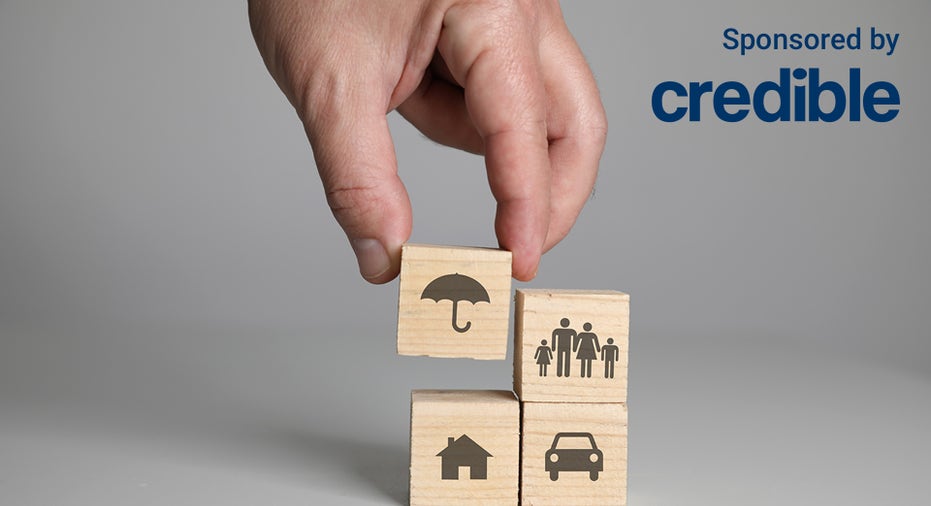Consumers miss insurance discounts by rejecting data-sharing devices: survey
The use of data-sharing devices is one way to offset insurance premium costs

For the second year in a row, U.S. consumers said they would rather guard their privacy than install data-sharing devices that could bring big insurance savings, a Policygenius survey said. (iStock)
American consumers continue to show a reluctance toward having data-sharing devices in their homes or cars, even though it means missing out on significant insurance discounts, according to a survey by Policygenius.
More than 65% of American consumers with auto, homeowners or renters insurance won't use devices or apps that send information to their insurance companies or third parties despite the reduced insurance premium costs, the survey said.
"Although policyholders can often get lower insurance rates by agreeing to share personal information about their daily activities with their insurance providers, it's clear consumers are overwhelmingly uncomfortable allowing data-sharing devices into their everyday lives," Andrew Hurst, licensed property and casualty insurance expert at Policygenius, said in a statement.
If you are looking for ways to save on your auto insurance, comparing multiple insurance companies can help you find the best rate. You can visit Credible to find personalized auto insurance quotes and choose the best option for you.
AUTO, HOMEOWNERS INSURANCE SHOPPING CURBED IN Q2, TRANSUNION SAYS
Data sharing could save drivers 20% on car insurance
The average U.S. household spends $196 a month on auto insurance, up from $186 a month last year, according to doxoINSIGHTS.
Part of why auto insurance has become more expensive is because inflation has driven up loss costs for insurers. Increased vehicle costs mean insurers pay more for auto repairs and replacements and pass those expenses on to consumers.
By using telematics programs drivers could save an average of 20% off their insurance, according to Policygenius. These programs use connected devices, smartphones or an auto manufacturer mobile app to monitor and report details about driving habits.
Yet the Policygenius survey said that 68% of Americans said they would not install telematics, even with rising insurance costs.
Some insurance policies may offer safe driver discounts through telematics options or based on your driving record, while others have better discounts for young drivers. You can visit Credible to compare multiple providers at once and choose the one with the best rate for you.
AUTO, HOMEOWNERS INSURANCE SHOPPING CURBED IN Q2, TRANSUNION SAYS
Homeowners paying more for insurance coverage due to inflation, natural disasters
Homeowners insurance premiums have soared because of high inflation and natural disasters, rising 12.1% compared to a year ago, according to Policygenius. Those with increased premiums saw them rise by $134 on average.
Homeowners could save money on their insurance policies by installing smart devices that would monitor for fires, water leaks and other hazard risks. Yet 65% of survey respondents said they would not install smart-home devices for any insurance discount amount. And 77% said they would not install a smart doorbell camera that shares facial recognition data with third parties for savings. This increased from 67% last year.
"For consumers who are seeking a way to reduce their costs without sharing their data, shopping the market with an independent broker continues to be an excellent way to save on insurance," Hurst said.
If you’re looking to lower your homeowners insurance, you can visit Credible to compare different premiums across multiple insurance companies and find the best option for you.
MORE CONSUMERS SHOPPING FOR NEW AUTO INSURANCE TO SAVE MONEY: J.D. POWER REPORT
Have a finance-related question, but don't know who to ask? Email The Credible Money Expert at moneyexpert@credible.com and your question might be answered by Credible in our Money Expert column.




















